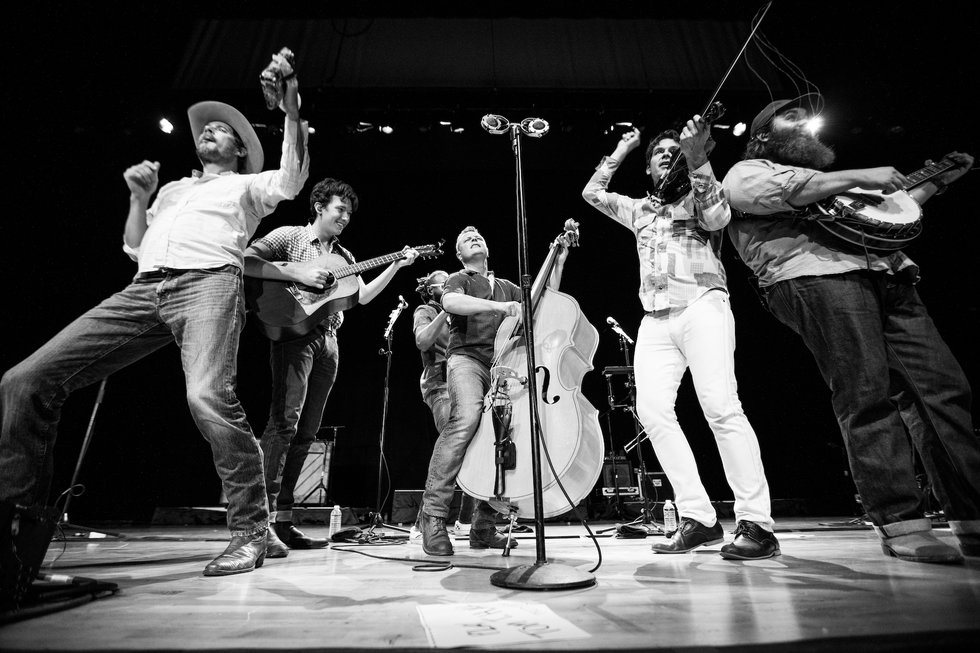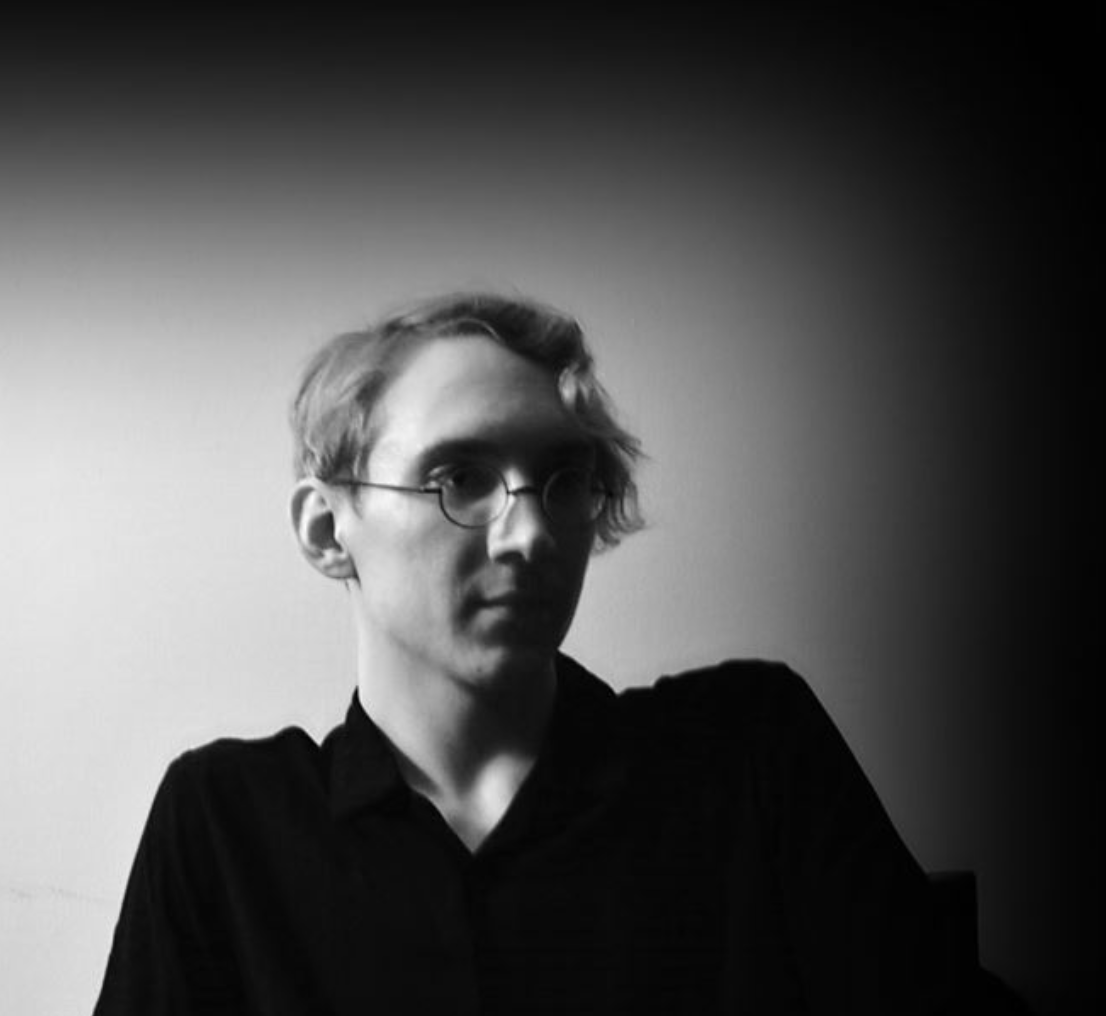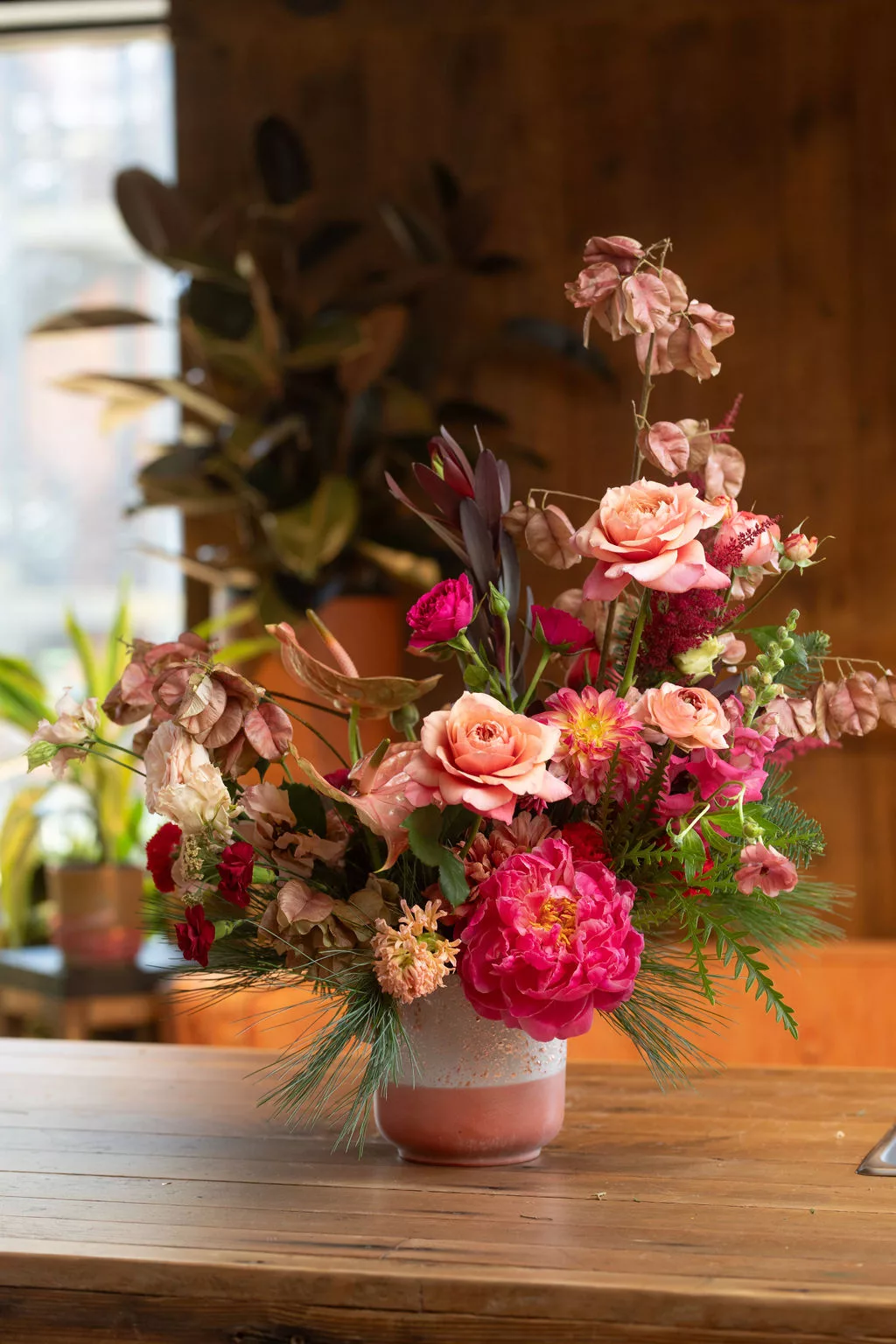The Barter Theatre announces its 23rd annual Appalachian Festival of Plays & Playwrights.

This February 23-26, catch Ketch Secor’s musical Hooten Holler (Feb. 23 at 7:00) and many other works by local and national artists. The festival’s mission is to develop an authentic Appalachian canon of theatrical works. A beloved feature of the festival is audience engagement. Each reading is followed by a moderated discussion with the playwright, select regional theatre professionals, and audience members who are invited to share comments and pose questions. In this way, playwrights receive feedback from fellow artists and Appalachians, which helps them to further develop and refine their new works.
One such artist, Old Crow Medicine Show founder Ketch Secor is a proud Virginian. The music of his Grammy-winning group finds inspiration in Appalachian culture and musical heritage. From watching local theater in Harrisonburg as a kid to touring around the country as an adult, Secor continues to grow and experience the world of music. His love of the Old Dominion started as a child but grows to this day; his music and his musical draw from his past and from the Appalachian traditions.

Konstantin Rega: So to dive in. Your latest musical, Hooten Holler, what’s it all about?
Ketch Secor: Oh, it’s about the boy who saves country music. And it’s not at all biographical or anything.
And what inspired you to write that?

Oh, I’ve been involved in theater ever since I was a kid. Theater was the kind of one of my orientations to becoming a musician in the first place. You know, I loved going to and participating in regional theater in Harrisonburg—the place where I grew up. I’d go to Valley Playhouse and also to Lime Kiln Theater in Lexington to see great shows. Their Shenandoah Shakespeare Express was a big influence on me.
But if you’re talking about theater in the Old Dominion, all roads lead to the Barter.
Did the story come first or was it the music?
Well, I’ve got a longtime musical collaborator in Old Crow Medicine Show named Critter Fuqua. We met in the seventh grade at Thomas Harrison, Jr. High School in Harrisonburg. And we’ve been writing music together since we were kids. He and I first started working on the play I guess about nine years ago. This stuff takes a lot longer—it kind of makes being a singer feel a lot more immediate.
But, yeah, the music and the story happened at the same time. When you write songs, the lyrics, the melody, and chord structure—those types of things—tend to just happen. And at the same time you decide what you want to write about, and suddenly you’re writing it.
And what makes writing musical theater different is how much more editing there is, how much more rewriting. You’re really trying to move a greater story along with your song. And you got to think about, “what’s the song doing for my tertiary character?” or “How can I employ my subplots in the song?” That’s all a fun challenge for me.
Over those years, did the inspirations change as you went along?
I think that writing a kind of fun-spoke opera was kind of maybe one of the initial goals. And that hasn’t changed. And in fact, my desire to do that has just grown.
What really changed is the book, you know: sections of dialogue or characters that have been erased, new characters that have been created. But that elemental part of wanting, to have the fiddle and the banjo and the guitar, to have a voice in musical theater, that remains very much on the page and on the stage.
And how would you describe your songwriting process?
Well, I tend to write music that’s derived from folk traditions. So in that regard, there’s not a lot of difference between writing music for Old Crow to sing at a big concert in Richmond and writing songs for folks to come sit down in a theater—the oldest off-Broadway theater in the United States in Abingdon.
You know, the through line is the music traditions of the American South. And a lot of my songs are character studies. I got one about the James River Blues; it’s about a bateau puller, you know, the independent 18-wheeler operators of their era. And it’s a song that deals with how they’ve been replaced by the Norfolk Southern line and such. That’s the kind of songs I write, and writing musical theater is very closely related.
I think the differences come from the purpose of songs in the musical—the way they can push a narrative in such specific ways. They’re also different because of the nature of a two-hour show. You know, like, I don’t up and write songs for the setlist at a Richmond concert. Like I don’t need an 11 o’clock song at that show.
Now, I might have a song that’ll fit better. Me making a setlist is a little bit more like putting together a really good music of a play, a good banger, a good lull. You know, we’d call that the “beer song”; the one we’re gonna play when it’s time for them all to go out and get a beer.
You talked briefly about growing up in Harrisonburg. Was it your family that encouraged you to start music or just the culture around you?
Well, I really did experience quite a few cultural opportunities in the valley that I think directly drew me into the life of being an entertainer.
I was a member of a singing group called the Shenandoah Valley Choral Society. And we went up to two different parts of the valley singing and being a young member of a choir sure gave me a chance to get some stage experience. And I was younger than everybody else. So I always felt a little bit like there was something purposeful and knowing that the kid had a special voice that none of the grown-ups had. So being a feature back in 1989 was pretty cool.
I did a lot of theater in Staunton. When I was a kid, Staunton had a lot more going on in the arts. I think Harrisonburg has really grown a lot too—to meet the demands of its community—to embrace the arts. But when I was a kid, you had to go to Staunton to do this type of stuff. Well, you know, where you really had to go was Charlottesville.
But that was over the mountain. And there was something about when you grew up in the valley. You know? Living there, I expected all the cultural offerings of the United States to exist somewhere between the Blue Ridge to the east and the Alleghenies to the west. There wasn’t nothing on either side; that was another part of the world.
So growing up, who were your influences?
Well, I was influenced by the Statler Brothers of course, because Gypsy Hill Park was the closest that you got to Woodstock once a year in the Shenandoah Valley. And you know, country music really brought people together.
We would go down to Gypsy Hill. The Statler’s had a big annual kind of picnic. They were the country music makers that, in the valley, had made it. On the north end of the valley, of course, there was Patsy Cline from Winchester. And I think that coming from the part of the state that I was from, I was more drawn to Patsy Cline than I would have been if she had grown up in some other part of the world.
But probably the biggest way that music was influential to me in the Shenandoah Valley was through the Little Grill, which is a restaurant in Harrisonburg. It had an open mic night. So I had a stage starting at about age 13. That really afforded me a chance to grow and learn and listen.
Do you still find yourself learning and growing as you go along your career path?
You know, when I was a kid, Big River, the musical, came to James Madison University. And it was the first time I’d ever seen a musical. I’d seen them on TV with my mom—because I always watched Meet Me in St. Louis. We loved Judy Garland and The Wizard of Oz and Top Hat. I picked it up that at the Rockingham County Public Library on VHS.
I just loved musicals as a kid. And here I am 25 years into Old Crow Medicine Show and it’s a wonderful time to be able to try some things that have been a part of what I do but never really the vehicle.
There’s a great song that I first heard in Virginia called “The Monkey and The Engineer.” And one day the engineer lets the monkey drive. And some comedy ensues. I always felt like, it wasn’t only me and my band being the drivers. That there’s other inspiration up there in the front seat that I’ve really enjoyed inviting to the wheel.
And what do you want audiences to get out of your latest project?
Well, I think that the best musical theater is the one where you see yourself in it. That’s why I loved Big River so much when it came to JMU. Even at 10 years old, I could see myself in so many of the characters.
So with Hooten Holler, my hope is to inspire somebody, some 10-year-old kid out there, like how I was to go pursue a life in the musical arts. And to do so with a foot firmly planted in the past, and the other one reaching forward into the future. I’m looking for another torchbearer with everything I do.
So it seems that the Appalachian musical and cultural heritage is something that you want to preserve and continue?
Yeah, absolutely. It’s very important to me. I approached music as a kid with that sense of duty: if you didn’t invest in it, if you didn’t learn it, then it would die. And I remember as a kid learning about languages dying. That’s something that we have the privilege of not having to worry about in the southern highlands. The music will never die.
So how did you get involved with the Barter Theatre’s 90th anniversary?

It’s been a lifelong aspiration of mine, to be at the Barter, to have work of mine go there. And this is such a thrill for me to have this second year of having my show, Hooten Holler, workshopped. This year, I’m putting Nashville in the rearview, and I’m headed to southwest Virginia where things break big to go see this decade-long project to fruition.
If I hadn’t been brought up in the Old Dominion, I don’t know how I would have turned out. Thankfully I was and the rest is history. The history of Virginia has been an inspiration to me from the fourth grade when I wrote my paper about Jack Jouett and Patrick Henry. Those stories of Virginia are just indelible in me.
I remember I was in the Ken Burns movie, Country Music. And Ken decided late in the project that he wanted all of the contributors to say the state that they identified with. Everyone from Merle Haggard, who said California, to Willie Nelson, whose state was Texas, said something. And of course, my state was Virginia—even though I’ve lived in Tennessee longer. For me, the Old Dominion was where it all started. That’s where this love of music and the stage began.
FESTIVAL SCHEDULE
– THURSDAY, FEB 23 @ 7:00 PM
Hooten Holler by GRAMMY-winning founder of Old Crow Medicine ShowKetch Secor (a Virginia native currently residing in Nashville, TN)
– FRIDAY, FEB 24 @ 1:00 PM
Trouble (at the Vista View Mobile Home Estates) by Pulitzer-nominated playwright Audrey Cefaly.
– FRIDAY, FEB 24 @ 4:00 PM
The Coffin Maker by playwright and journalist Phil Keeling.
– SATURDAY, FEB 25 @ 1:00 PM
Grandma Gatewood Took A Walk by Barter Theatre’s playwright-in-residence Catherine Bush.
– SATURDAY, FEB 25 @ 4:00 PM
A Thing of Beauty by playwright and teaching artist D.W. Gregory.
– SUNDAY, FEB 26 @ 1:00 PM
The Transported Man by writer Russell Nichols.
– SUNDAY, FEB 26 @ 5:00 PM
SHINE: Illuminating Black Stories—an evening of new monologues written by Black playwrights across the country in response to creative writing prompts developed by Black community members local to Abingdon and the surrounding Appalachian region through Barter’s Black in Appalachia Initiative.








